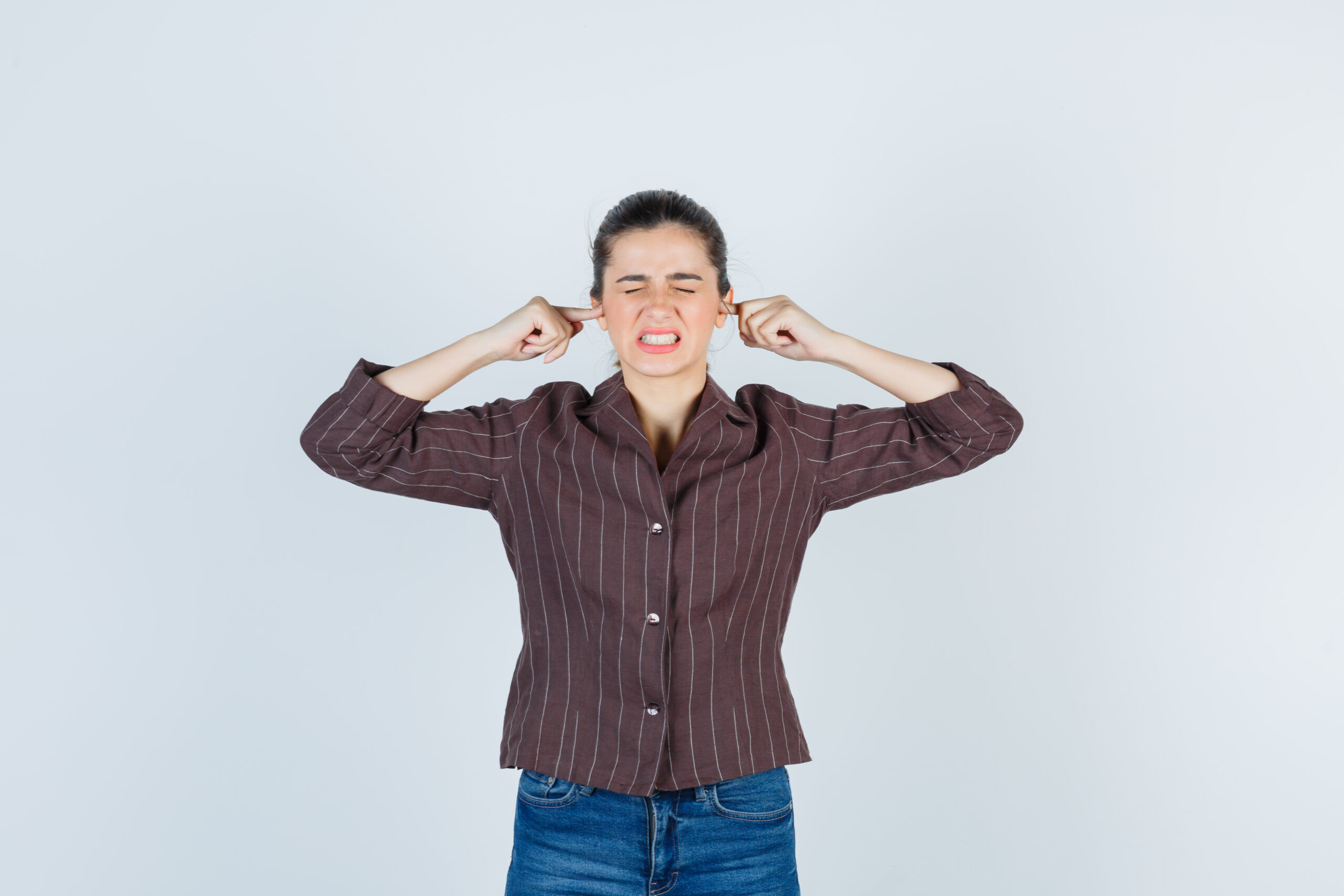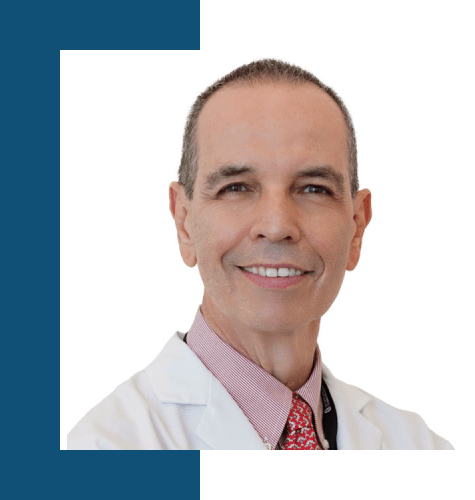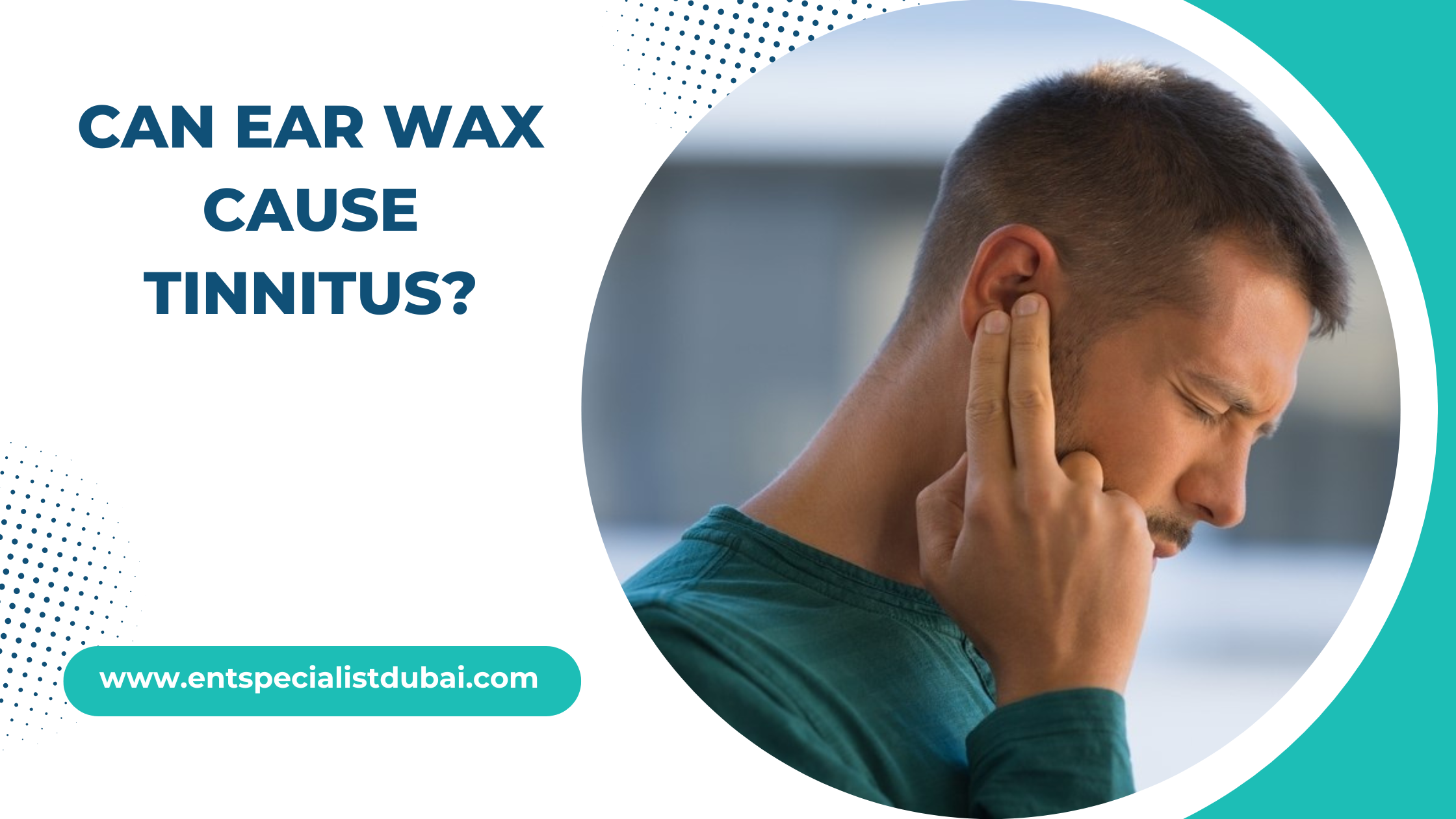Do You Have a Crackling Sound in Your Ear? 5 Possible Causes

Have you ever noticed a crackling sound in ear when everything around you is quiet? It might feel minor, but it can be surprisingly distracting and sometimes even worrying.
Whether it comes and goes or sticks around, this kind of sound is often your body’s way of telling you something’s not quite right with your ear’s internal balance.
In this blog, we’ll explore five common and medically recognized causes of crackling, popping, or bubbling sensations in the ear, and guide you on what to do if you’re experiencing them.
Reasons for Bubble Popping Noise in Ear
Targeting the root cause is the first step towards finding relief and protecting your long-term ear health. There can be multiple reasons for popping in ear:
The eustachian tubes are narrow passages connecting the middle ear to the back of the nose and upper throat. They regulate air pressure and drain fluids.
When these tubes get blocked due to allergies, sinus infections, colds, or even changes in altitude, you can hear a popping or crackling sound, especially when swallowing or yawning.
This condition, known as Eustachian Tube Dysfunction, is one of the most common causes of crackling sounds in the ear. The sensation often feels like your ear is “plugged” or filled with fluid. Temporary dysfunction usually resolves on its own, but chronic ETD might require medical intervention.
Excessive earwax can often lead to bubble-popping noises in the ear. While earwax (cerumen) is essential for protecting the ear canal, too much of it can harden and interfere with sound conduction.
When earwax traps air bubbles and shifts with head or jaw motion, it may create crackling or rustling noises.
Otitis media, also known as an infection of the middle ear, can create a buildup of fluid behind the eardrum. This trapped fluid may shift around with movement, causing a crackling or popping sensation.
Children are especially prone to these infections, but adults can also experience them, particularly following colds or sinus congestion.
If it is accompanied by pain, fever, or fluid drainage from the ear, it’s essential to seek prompt medical care.
A medical diagnosis is essential to confirm the infection, and the treatment may include antibiotics or decongestants to relieve pressure and inflammation.
The temporomandibular joint connects the jaw to the skull. When this joint becomes misaligned or inflamed, due to clenching, grinding, or trauma, it can lead to a variety of symptoms, including popping in the ear, jaw pain, or difficulty chewing.
Since the TMJ is close to the ear canal, its movements can easily create or mimic internal ear sounds. These noises are often more noticeable during chewing or speaking.
If the ear noises are accompanied by jaw tenderness or clicking, a TMJ problem might be the cause.
Many people experience ear popping or crackling during flights, scuba diving, or even driving through mountainous regions. This occurs when rapid altitude changes cause a mismatch in pressure between the inner and outer ear.
The Eustachian tube compensates for these changes, but if it can’t function quickly enough, you’ll hear that familiar popping or crackling sound.
While usually harmless, frequent or prolonged pressure-related crackling could indicate underlying issues with Eustachian tube function.
How to Stop Crackling in Ears Without Causing Further Irritation or Damage?
- To relieve ear pressure, you can try swallowing, yawning, or the Valsalva maneuver (gently blowing while pinching the nose and keeping the mouth closed).
- Chewing gum, swallowing, or using filtered earplugs while flying can help reduce discomfort during altitude changes.
- If you have earwax buildup, avoid inserting cotton swabs into your ears, as this may worsen the blockage or damage the ear canal.
Occasional crackling isn’t always an issue. But if the crackling sound in your ear becomes persistent, painful, or is accompanied by dizziness, hearing loss, or ringing, do not ignore it. These could be signs of a serious issue. Always consult an ENT specialist to find the cause of the popping sound in the ear.
Contact With Us
Time to Seek Clarity—Consult Dr. Peter Baptista for Specialized ENT Evaluation
While often benign, the bubble-popping noise in the ear should not be ignored, especially if it interferes with daily life.
From temporary blockages to deeper conditions like TMJ disorders or infections, getting to the root of the issue is the best way to stop crackling in your ears and prevent it from recurring.
If you’ve been experiencing a persistent crackling sound in your ears or other unusual sensations, it’s worth having it examined by someone specialized in the complexities of the ear, nose, and throat.
Dr. Peter Baptista, a revered ENT specialist, combines years of hands-on experience with a thoughtful, patient-centered approach to diagnosing and managing ear, nose, and throat ailments.
From advanced diagnostic evaluations to customized treatment plans, he focuses on restoring hearing and functions.
Don’t wait for the discomfort to worsen; schedule a consultation with Dr. Peter Baptista and take the first step towards lasting relief.

Dr Peter Baptista Jardin
European Board Certified ENT Doctor In Dubai
Dr. Peter Baptista Jardin is an ENT specialist with a special interest in treating sleep apnea. He is a revered expert in Spain for performing the first ever robotic transoral surgery in 2011, and the only series of hypoglossal nerve stimulation proved revolutionary for obstructive sleep apnea treatment worldwide. He currently serves as an ENT doctor in Dubai’s Al Zahra Hospital.




